detail profile l c3 a9lia abramo
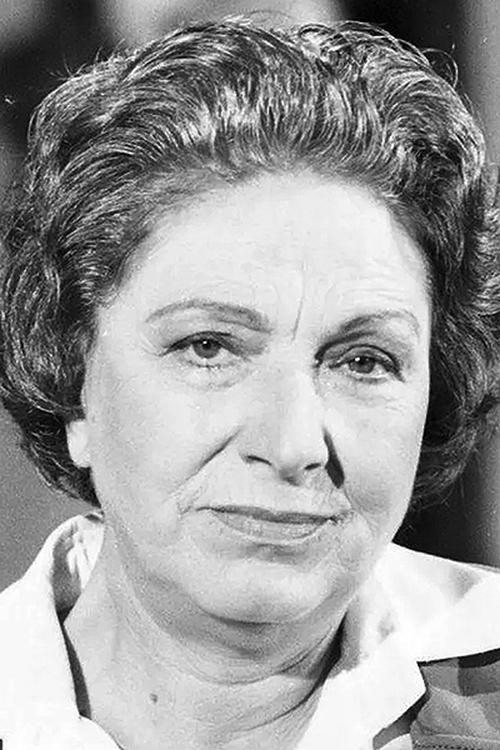
Riwayat Hidup
Lélia Abramo Scarmangan (São Paulo, February 8, 1911 – São Paulo, April 9, 2004) was a Brazilian actress, theater producer and political activist.
She was part of the political groups Frente Única Antifascista and Opição de Esquerda, in addition to being one of the founders of the Workers' Party (PT) and president of the Union of Artists and Technicians, being one of the big names in the fight against the Brazilian military dictatorship.
Info Pribadi
Peran Yang Di Mainkan Lélia Abramo
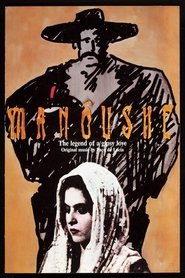 In the darkness of a rural...
In the darkness of a rural...Manoushe: A Gypsy Love Story 1992
In the darkness of a rural night, a gypsy clan gathers to mourn their beloved patriarch's in a ritual celebrated through music and dance.
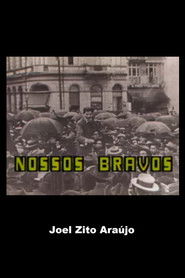 Docudrama on labor mobilizations in the...
Docudrama on labor mobilizations in the...Nossos Bravos 1987
Docudrama on labor mobilizations in the beginning of the 20th century in Brazil, led by union organizations with anarcho-socialist influence. Using fictional resources and historical archives, the film reconstructs an important part of the memory of Brazilian unionism and its biggest strikes, establishing a dialogue between different working generations.
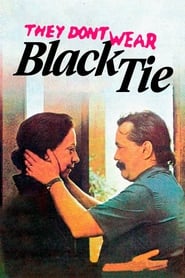 Otavio is an idealistic union leader...
Otavio is an idealistic union leader...They Don't Wear Black Tie 1981
Otavio is an idealistic union leader trying to organize workers at a factory to resist the company's exploitative practices. His son, Tião, one of the employees, is more of a realist and doesn't want to risk losing his job by striking. This clash of perspectives puts the father and son at odds. Fortunately, Tião's mother, Romana, is on hand to act as a moderator between the two opinionated men.
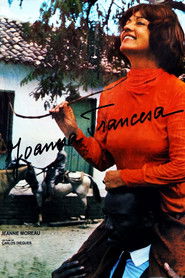 Joana is a sophisticated beautiful woman...
Joana is a sophisticated beautiful woman...Joanna Francesa 1973
Joana is a sophisticated, beautiful woman, so she has a choice of lovers, and destinies. She will let down Pierre, the French consul at São Paulo, and with him the frivolity of tea-parties and comfort. Her wild inner-soul will develop into the wild forest surroundings of a landlord's farmhouse. To the extent she will defend her land like a 19th century owner - of lands and men alike.
 After their relative and associate runs...
After their relative and associate runs...Case of the Naves Brothers 1967
After their relative and associate runs way, the Naves brothers inform the police of the incident, who end up arresting them under the accusation of murdering the missing person. The brothers are tortured in order to confess a crime they did not commit while their wives are raped.
 A young girl runaway from home...
A young girl runaway from home...
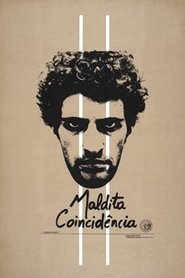 At the height of the military...
At the height of the military...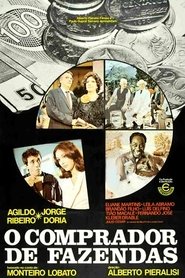 Two conmen one trying to pretend...
Two conmen one trying to pretend...
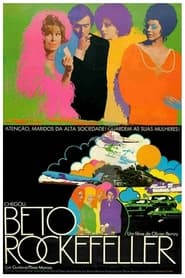 Adaptation of the successful Brazilian TV...
Adaptation of the successful Brazilian TV...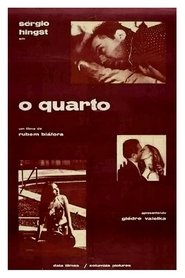 A middleaged man copes with the...
A middleaged man copes with the...
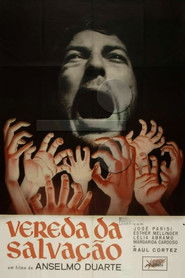 In the Brazilian countryside poor sharecroppers...
In the Brazilian countryside poor sharecroppers...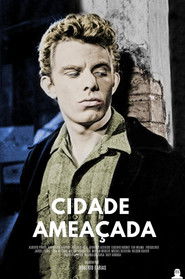 Based on true events the film...
Based on true events the film...